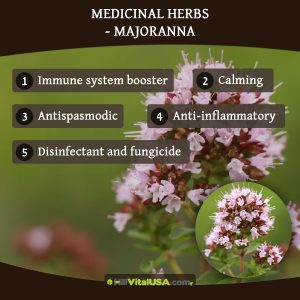



Pain management is a complex field where herbs and supplements offer alternatives to traditional medical treatments. In many cases, natural remedies can complement standard treatments, but it’s important to be aware of their effectiveness and scientific background. Below, we present the most researched herbs and supplements for pain management, along with their application methods.
Scientific background and application methods the effectiveness of herbs and supplements often relies on scientific research of their active compounds. However, it is important to note that while many products are promising, results can vary between individuals. Effectiveness may depend on dosage, product quality, and the type of pain.
Herbs are generally used in the form of teas, capsules, or oils. Supplements are also available in capsule or tablet form. In both cases, it is important to follow the manufacturer’s recommendations and consult a healthcare professional before starting any new supplement.






